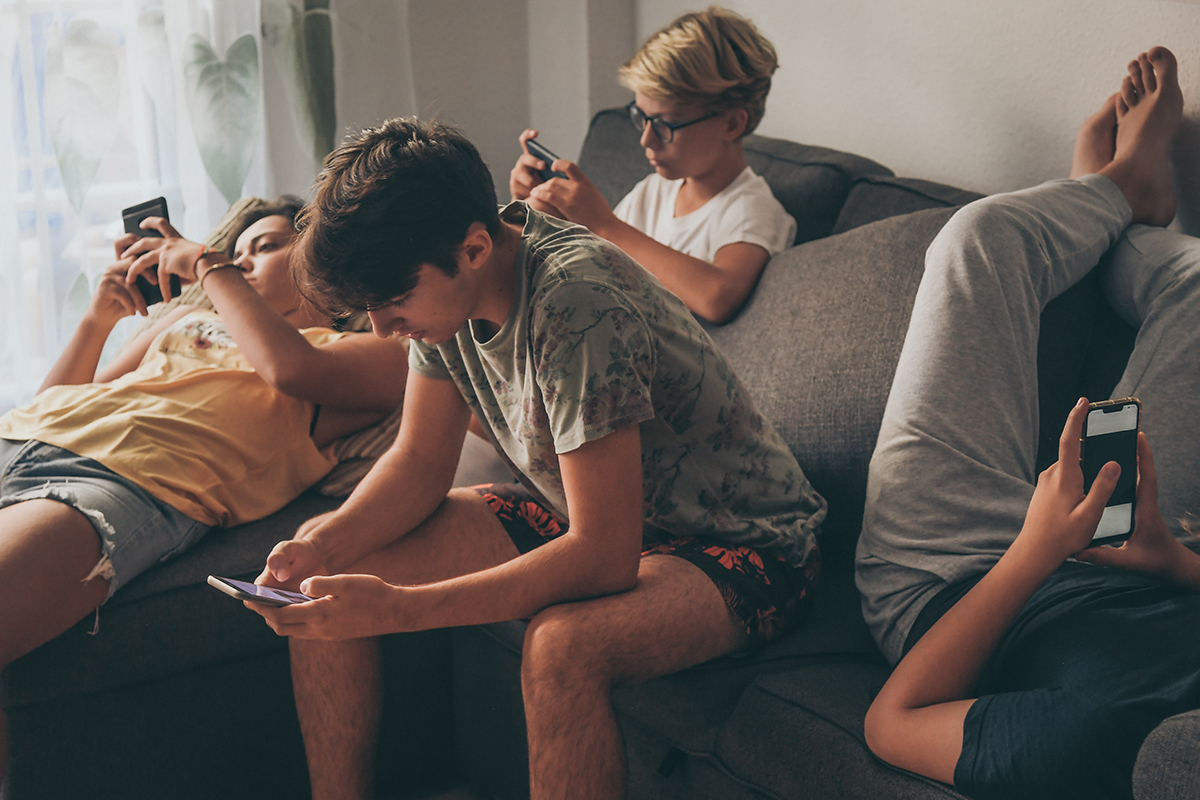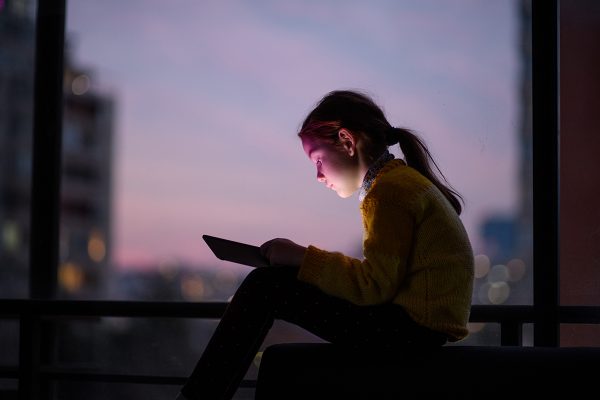In an increasingly digitized world, minors’ access to social networks has become a contentious issue. Recent legislation in Australia banning the use of social networking sites by children under the age of 16 has ignited an international debate about the feasibility and implications of such restrictions. Is it really possible to protect young people from the dangers of the digital world without infringing on their rights to privacy and socialization? This dilemma not only affects Australia, but also resonates in countries such as Spain, where similar measures are being considered.
Risks and consequences of digital access
The access of children and adolescents to the digital environment has radically transformed their way of getting information, communicating and relating to others. Although technology offers undoubted advantages, it also exposes young people to significant risks, such as behavioral problems, exposure to inappropriate content, and threats to their privacy. In this context, to blame technology is to deflect responsibility from the designers of digital products and services. Minors are often targeted for monetization and loyalty, which can have serious consequences for their physical, mental, and sexual health, as well as for their neurocognitive development and educational performance.
What is Australia’s Internet law?
Australia has taken a bold step by implementing the world’s most restrictive internet law, banning children under the age of 16 from using digital platforms. This measure, backed by million-dollar fines for companies that do not comply, has been justified by the government as a way to protect young people from the potential harms of social networking. However, critics of the law point out that many questions remain unanswered about how this ban will be enforced and what impact it will have on minors’ privacy and social connectedness. Current technology, according to experts, does not allow for effective discrimination without compromising users’ rights.

Proposed protection of minors in Spain
In Spain, the situation is similar. The country is considering raising the minimum age of consent for the processing of personal data to 16, which would prevent minors from creating accounts on social networks without their parents’ permission. Although the intention is to protect a vulnerable group, concerns are being raised about the effectiveness of these measures and the possibility of age falsification to circumvent the restrictions. In addition, there is a debate about the right of young people to take advantage of the development opportunities offered by these platforms.
The challenge lies in finding a balance between protecting minors and respecting their rights. Social media platforms, such as Instagram, are already taking steps to facilitate a smoother transition by offering accounts with limited functions for teenagers. However, the implementation of these restrictions poses a dilemma: the question is not only how to protect minors online, but also how to educate them to navigate safely and responsibly in the digital world. Digital education must become an integral part of the educational curriculum, preparing young people to face the challenges and take advantage of the opportunities offered by the digital environment.
Study with us
In a world where technology and social networks are redefining the way we communicate and learn, education faces unprecedented challenges. The above study shows the urgent need for education professionals who not only understand these changes, but are also prepared to address them effectively. This is where the Master in Education With a Specialty in Higher Education becomes an invaluable opportunity for those who wish to make a difference in the field of education.
Take the next step in your educational career! Enroll in this master’s degree and become the professional the world needs today. Visit our website for more information and begin your path to a bright future in education.
Sources: Is it technically possible to prevent children under 16 from accessing social networks?
Spain to ban social networks for children under 16: “Ages will be even more distorted”.

